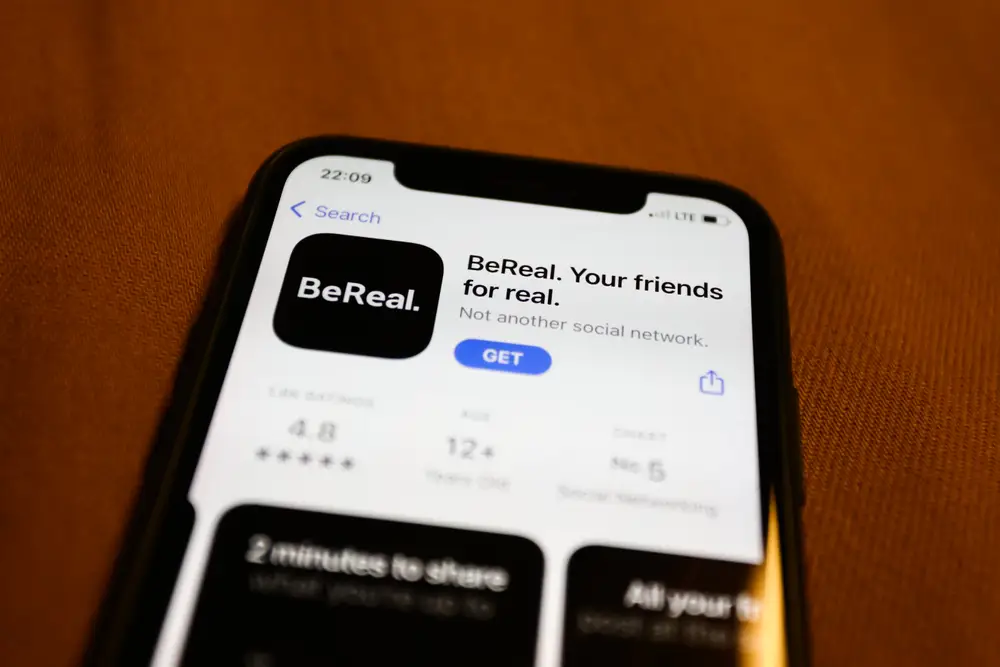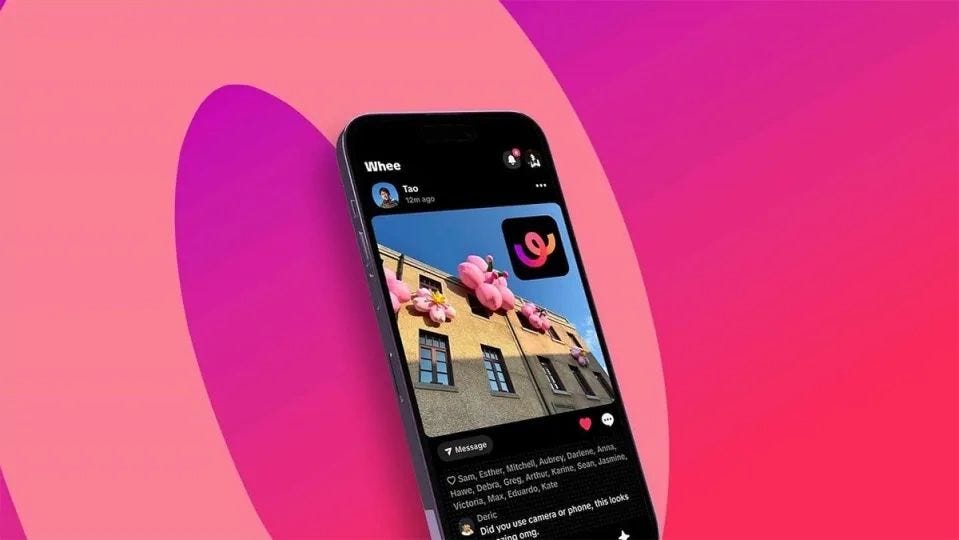SOCIAL MEDIA
The Social Media Epidemic: Navigating the Digital Age
The Social Media Epidemic: Navigating the Digital Age
In the past two decades, social media has transformed from a nascent concept into an omnipresent force in our daily lives. What began as platforms for connecting with friends and sharing life updates has evolved into a multifaceted ecosystem that influences our social interactions, mental health, and even global politics. While the benefits of social media are undeniable, the darker side of this digital revolution has led to what many describe as a social media epidemic.
The primary allure of social media lies in its ability to connect us with others, no matter the distance. Platforms like Facebook, Twitter, and Instagram have made it effortless to maintain relationships, share experiences, and stay informed about the lives of our loved ones. For many, social media is a lifeline to a broader community, offering support and a sense of belonging. Social media has revolutionized the way we communicate, breaking down geographical barriers and making the world a smaller, more interconnected place.
However, the very features that make social media appealing can also contribute to its problematic aspects. The constant stream of curated content often leads to unhealthy comparisons, fostering feelings of inadequacy and low self-esteem. Studies have shown a correlation between heavy social media use and increased rates of anxiety, depression, and loneliness. The pressure to present a perfect life online can create a disconnect between our digital personas and real-life selves, exacerbating these mental health issues. For example, a study by the Royal Society for Public Health found that Instagram is the platform most associated with negative effects on mental health, particularly among young people.
Social media platforms are designed to keep us engaged, often through algorithms that prioritize content likely to elicit strong reactions. While this can enhance user experience, it also tends to create echo chambers, where users are primarily exposed to information and opinions that reinforce their existing beliefs. This phenomenon can contribute to polarization, as individuals become less likely to encounter diverse perspectives and more likely to view opposing views with hostility. The echo chamber effect can also lead to a skewed perception of reality, as users are bombarded with content that aligns with their views, reinforcing their biases and potentially leading to radicalization.
One of the most alarming aspects of the social media epidemic is the rapid spread of misinformation. False information can go viral quickly, outpacing efforts to correct it. This has serious implications, from public health crises exacerbated by the spread of false medical information to the undermining of democratic processes through the dissemination of fake news. The challenge lies in balancing the freedom of expression with the need for accurate and reliable information. The spread of misinformation is not just a problem for individuals; it has far-reaching consequences for society as a whole. During the COVID-19 pandemic, for example, misinformation about the virus and vaccines spread rapidly on social media, contributing to vaccine hesitancy and complicating public health efforts.
In response to these issues, many people are seeking ways to mitigate the negative effects of social media. Digital detoxes, where individuals take a break from social media, are becoming increasingly popular. These breaks can help restore a sense of balance and reduce the stress associated with constant connectivity. Additionally, fostering mindful social media habits, such as setting time limits and curating one’s feed to include positive and diverse content, can help users maintain a healthier relationship with these platforms. Some users are turning to alternative platforms that prioritize mental well-being and meaningful connections over endless scrolling and engagement metrics.
As we move forward, it’s crucial to address the challenges posed by the social media epidemic. Tech companies are beginning to implement measures to combat misinformation and promote healthier online environments. For instance, platforms are introducing features to limit screen time, enhance privacy, and improve the accuracy of information shared. However, the responsibility also lies with users to be critical consumers of content and to advocate for positive change. Social media literacy is becoming an essential skill, as individuals must learn to navigate the digital landscape, identify reliable sources of information, and recognize the signs of misinformation.
Governments and regulatory bodies also have a role to play in addressing the social media epidemic. Some countries are implementing stricter regulations on social media companies, holding them accountable for the content shared on their platforms. These measures include fines for failing to remove harmful content and requirements for greater transparency in how algorithms work. While these regulations are a step in the right direction, there is ongoing debate about the balance between regulation and freedom of expression.
The social media epidemic is a complex and multifaceted issue that requires a concerted effort from both tech companies and users. While the benefits of social media are clear, it’s essential to be aware of its potential pitfalls and to strive for a balanced approach to digital engagement. By fostering healthier habits and advocating for more responsible practices, we can navigate the digital age more effectively and ensure that social media remains a tool for connection rather than a source of division.
In conclusion, social media has the potential to be a powerful force for good, connecting us in ways previously unimaginable. However, we must also recognize and address its darker aspects to harness its full potential responsibly. By working together—tech companies, users, and regulators—we can create a healthier digital environment that supports mental well-being, fosters diverse perspectives, and promotes the responsible sharing of information. As we continue to navigate the digital age, let’s strive to make social media a tool that enhances our lives rather than detracts from them.




